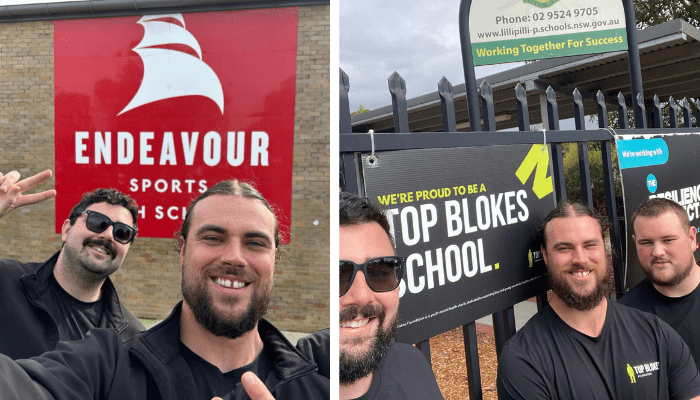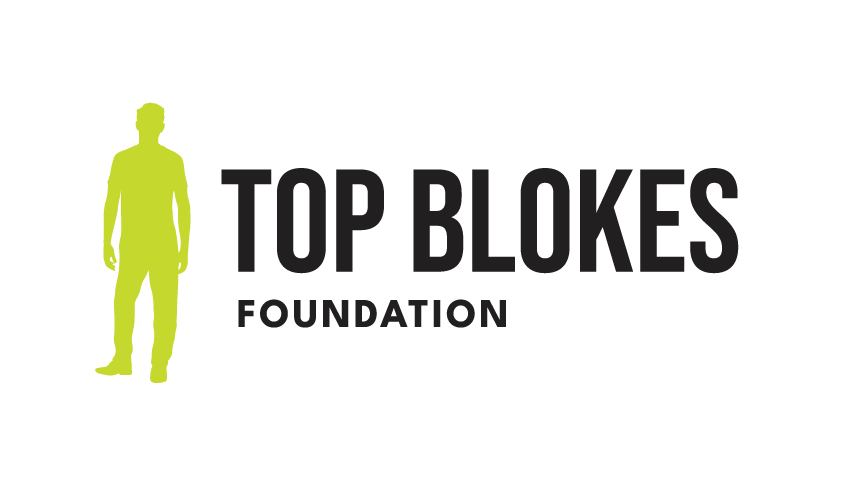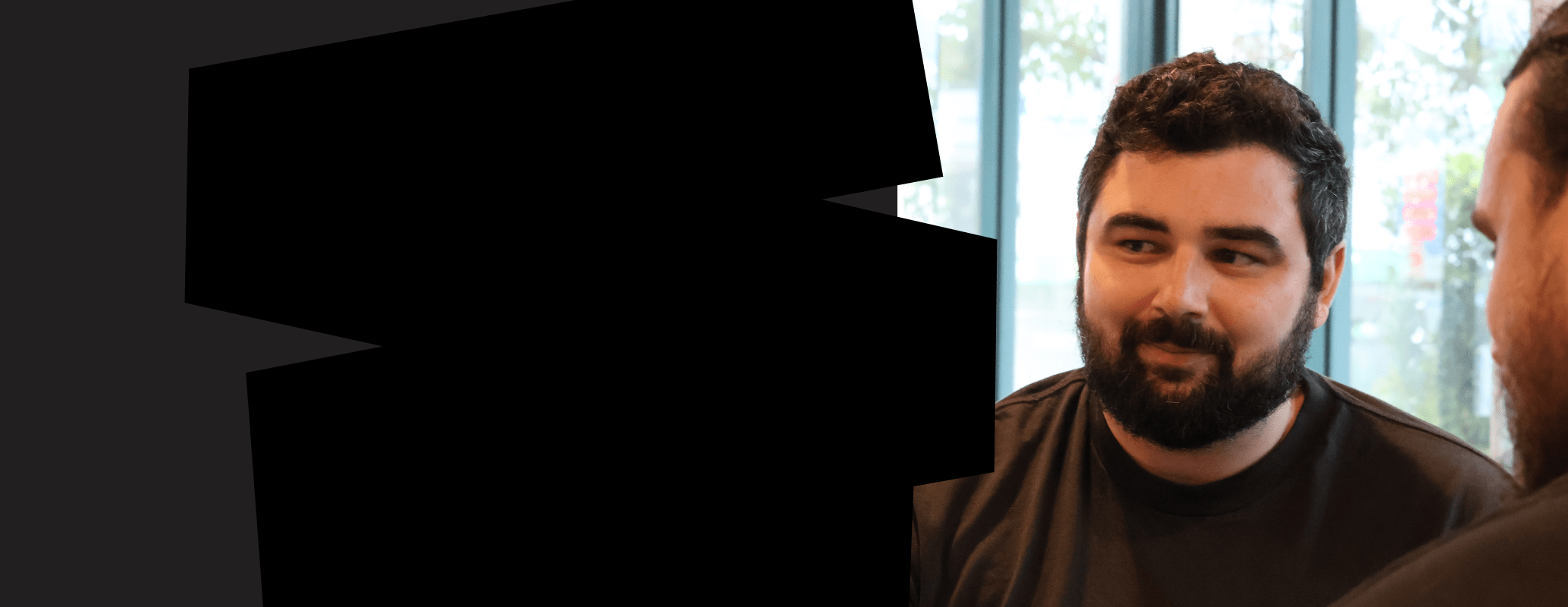At Top Blokes, our team brings passion, lived experience, and a commitment to empowering young men to lead healthy, safe, and fulfilling lives. Today, we sit down with Jacob our Regional Coordinator for Illawarra and the South Coast. He holds a Diploma in Community Services and a Cert IV in Training and Assessment. We chat about his journey into youth work, the challenges young men face today, and why he believes early intervention is so important.
What motivated you to become a Youth Worker at Top Blokes?
This goes back to high school—I always wanted to do a job where I could help people and make a difference. I thought the army might be that career. In my mind, I’d be helping with peacekeeping and proactively making a difference.
To speed up my application, I joined as a Rifleman, but over time, I realised I was becoming someone I didn’t recognise. I was leaning into a very aggressive version of myself to fit in with the alpha male warfighters around me. I felt like I was drifting away from my true self and my values. I wasn’t proud of who I was becoming.
After a bit over four years, and one trip to Afghanistan, I decided to transition out of the Army. I applied for a position in a detention centre where I had the best of intentions to help people, but it honestly felt more like a jail. Having a military background, the instructors and managers were pushing me into the Emergency Response Team where I would again be put in a stereotypical alpha male role. I instead opted to leave this role and pursue something that would fulfil me and allow me to help others. From there, I worked in the disability and mental health sector. That’s when I realised I wanted to work in early intervention. I wanted to give people the tools to live safe and healthy lives before they reached crisis points. When I saw the job at Top Blokes, I knew it was my chance to work with young men at a time in their lives when they could still make meaningful changes. I wish my mates and I had been able to have these conversations when we were younger.
How have your background and personal experiences influenced your approach to youth work?
I draw a lot on my personal experiences and the emotions I was going through growing up and in my previous jobs. Yes, we deliver facts and stats, but sharing lived experiences makes a much big impact and resonates with young people. It makes it real.
I’ve had my own mental health struggles. I’ve supported mates with theirs. I’ve seen the wrong side of peer pressure, and I’ve seen what happens when you don’t take care of yourself. That all shapes the way I connect with young men today.

What do you find most rewarding about your work with Top Blokes?
When a young person comes up to me—whether it’s right after a session, a month later, or even years down the track—and says, “What you told me helped me,” that’s everything.
Hearing things like: “I was at a party and wanted to leave. I used one of your strategies, and it worked.” “My mate was struggling, and I told him about one of the referral services you mentioned.”
That’s when I know what we do has a long-term impact. Seeing that moment, that big smile when they realise our conversations helped them or their mates—that’s what drives me every day.
What are some of the biggest challenges young men face today?
One of the biggest ones—though they don’t always realise it—is technology.
They’ve grown up with it, so they don’t always see the risks. Sextortion is a big issue, especially in South Sydney and the Illawarra. We hear about scammers or catfishers on Instagram and Snapchat convincing young people to send explicit images.
There’s also the permanence of the digital world and everything feels like it’s being filmed. We didn’t have that growing up. But now, a post or a picture can have lasting consequences.
Another challenge I’m seeing is relationships in the digital age. Relationships feel always on because of constant messaging and social media. There’s anxiety about replying quickly, and sometimes, this leads to unhealthy dynamics where one person becomes controlling. No generation has had to navigate this before.
Which Top Blokes workshop do you love to teach?
I love running our Online Behaviours workshop.
A lot of young men don’t realise that what they put on Snapchat never truly disappears. It can be recovered, screenshotted, and shared. We also open their eyes to things like sextortion. If a young man doesn’t have a safe person to talk to, they’re left trying to deal with it alone, and no young person should have to go through that.
The online world changes every six months. I’m constantly learning new things. It’s crucial that we keep having these conversations.
How do you build strong connections with the young men you work with?
This is a job where I can be my true, authentic self. When I come into programs, I am myself. I love to joke around, but we also create a space where there’s no hierarchy — just real conversations.
I give young men respect, and they give it back. When I share a story, they feel safe to share theirs. And, of course, lollies always help!
At Top Blokes, we don’t “teach”—we have conservations, we challenge viewpoints, and we help young men flex their critical thinking skills.
What’s one piece of advice you’d give your high school self?
“Your circumstances don’t dictate who you are or who you will become.”
I grew up in a single-parent household, and we struggled financially. I watched my mum deal with abusive relationships. For a long time, I thought I was destined to continue that cycle—no money, arguments, and physical abuse as the norm.
But I want young men to know that just because this is your environment now, it doesn’t define you. You can break the cycle. It takes self-belief, staying true to yourself, and knowing what a healthy relationship looks like.
When you’re not in the classroom, where can we find you?
One of my biggest goals in life was to own a home — to have stability, something I didn’t always have growing up. Just last year, I achieved that goal! So, outside of work, you’ll usually find me landscaping, gardening, renovating, and spending time with my partner.
I also love playing online games with my mates. We all live in different cities now, so gaming is how where we stay connected, vent, and debrief about life.
Final thoughts
Jacob’s lived experiences shape the way he supports young men today, and his passion for early intervention is clear in everything he does.
At Top Blokes, we’re lucky to have youth workers like Jacob — people who genuinely care, who listen without judgment, and who are committed to helping young men lead positive, healthy lives.
If you’re a young bloke, a parent, or a teacher and want to know more about our programs, reach out! These are the conversations that can change lives.




